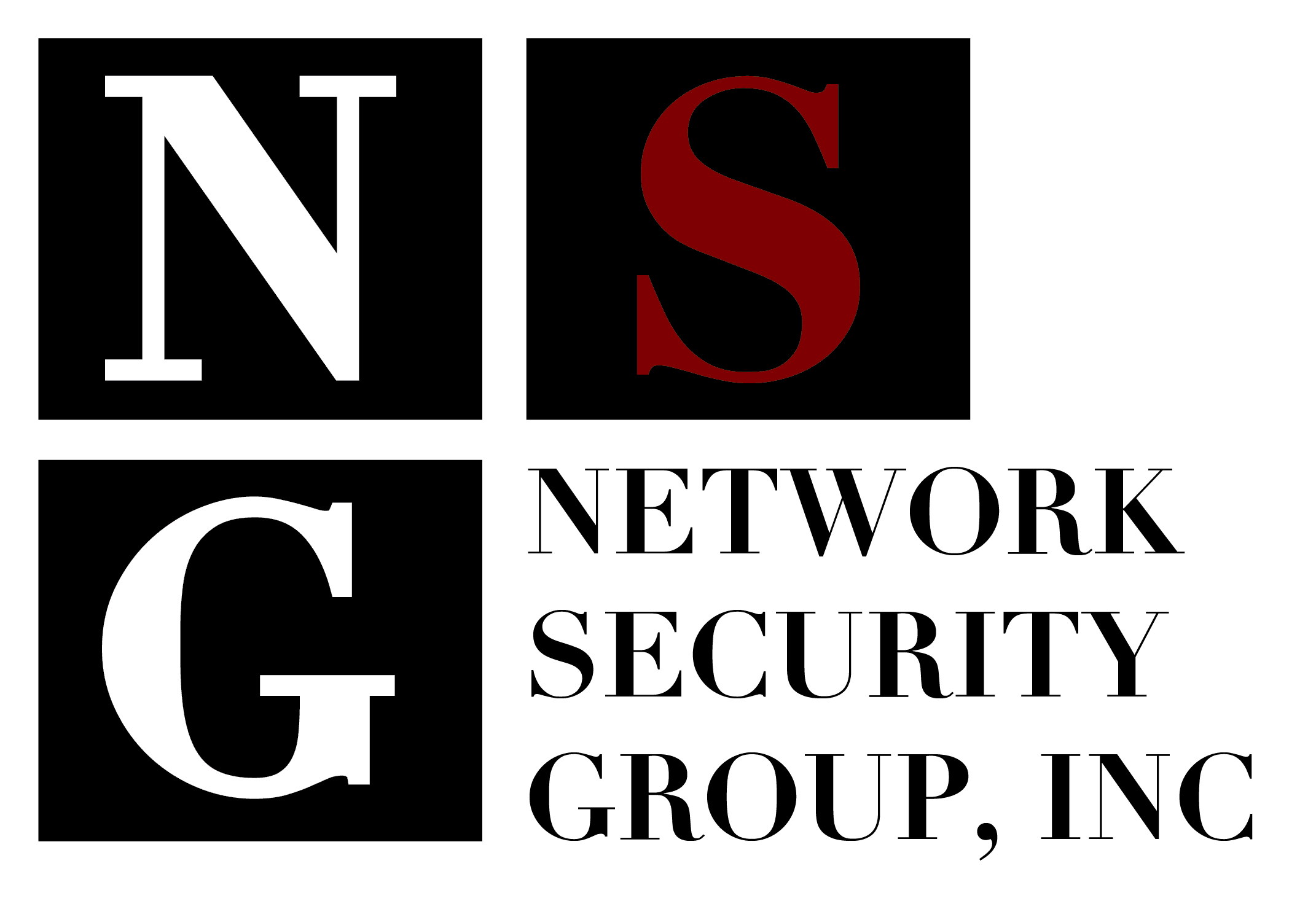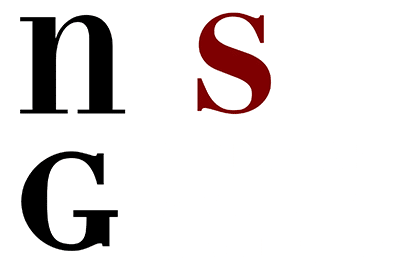Network intrusions are nothing new and have been occurring for years, decades even. However, the rate and types of attacks against U.S. networks have exploded. On June 18th, the Cleveland City Hall had to close down again due to a ransomware attack. The worst part is this particular ransomware attack was ongoing and it took weeks to amend and recover valuable data. Being offline that long is unfair and unacceptable, which is why all businesses need to ensure they are properly protected against cyber threats before they become attacks. This rise in cyber attacks is due to four main factors. In this article, our team of cyber security experts in Fairfield, NJ will address these 4 vital factors and how we can help secure your business network as soon as possible.
#1. No proper IT infrastructure in place.
Corporations and government agencies have brought many networks online with Little or no regard to securing the infrastructure, protecting the data, and providing offsite backups as a recovery tool. Technicians are so eager to install networks and move onto the next project, that they often leave the newly installed networks vulnerable, with absolutely no way to recover from a variety of attacks.
#2 Remote access rules are too lenient.
Technicians often create rules on the firewall that make it easier to provide remote access to employees and manage their client’s network remotely. By opening ports such as remote desktop (RDP) and other protocols, they expose these networks to intrusions. For those who may not know, RDP is a Microsoft system utility that allows one computer to connect to another and use the remote computer’s desktop as if the person was physically sitting at that computer’s keyboard. Now we’re not implying that remote computer management and access shouldn’t be an option. However, if network technicians don’t mitigate the apparent risks when deploying these services, hackers can exploit these vulnerabilities. Two factor authentication over a virtual private network (VPN) is a valid mitigation strategy for this. A VPN is an encrypted tunnel between two devices, typically over a public network, to ensure the confidentiality of the information as it transgresses the public network. Over the years, we have rarely seen this strategy implemented and that needs to change.
#3 Not addressing spam/phishing emails properly.
Malware, keyloggers, ransomware, and other types of surreptitious software quickly circulate through spam and phishing email messages. This can give hackers immediate access to encrypt data on computers and network resources, making it financially rewarding for them. This is because big corporations and government agencies are more than willing to pay hundreds of thousands of dollars to recover from these attacks. Even if you are a small business, all networks are susceptible to intrusions/infections. Read that again and let it sink in. Competent IT teams should be designing networks to limit access, contain incidents, and be able to fully recover all the data. On top of this, all employees using the corporate network should be properly trained to address all levels of cyber threats before they turn into a category-five storm.
#4 Too many hackerware products available on the market for FREE.
There are so many hackerware products that are available for free, are easy to use, and unfortunately, assist even the least competent, would-be hacker in gaining access to vulnerable networks. Not all network intrusions fit into one category, but the overwhelming majority of network intrusions do fit into one or more of these categories. In our experience, most if not all of the network intrusions we have investigated or read about in the news, were preventable. In ransomware cases, the organization’s data should have been recoverable without having to make a bitcoin payment to criminals.
Let NSGi Secure and Protect Your Small Business Network in NJ
When we analyze the data on network intrusions, there’s no distinct pattern on whom hackers target. What is obvious, is that hackers target networks of all sizes, without a care of who owns the network. This is why hackers have targeted and hacked the White House, Office of Personnel Management, the Pentagon, as well as many small and large corporations throughout the U.S. There is a naiveté among many corporations and government agencies that they won’t be the target of an attack. Administrators of large networks may think they’re safe because they have deployed multi-tiered security systems to protect their infrastructure. On the other hand, smaller companies may feel like they’re not even on a hacker’s radar because they have limited network resources and are not as “well-known.” Both of these notions couldn’t be further from the truth.
At NSGi, we understand that small businesses may not have the budget to hire an in-house IT department. That’s why we provide affordable outsourced IT support to small businesses across NJ. We also provide end-user awareness training to all of our clients’ employees so their networks will have the best defense against human error.
To learn more about how we can help secure your corporate network and train your employees against cyber threats, please give us a call or visit us at: https://nsgi.com
*This article includes excerpts from “Pocket Guide for Investigating Ransomware and Network Intrusions” written by John Lucich, the Founder and CEO of Network Security Group, Inc and eForensix.





